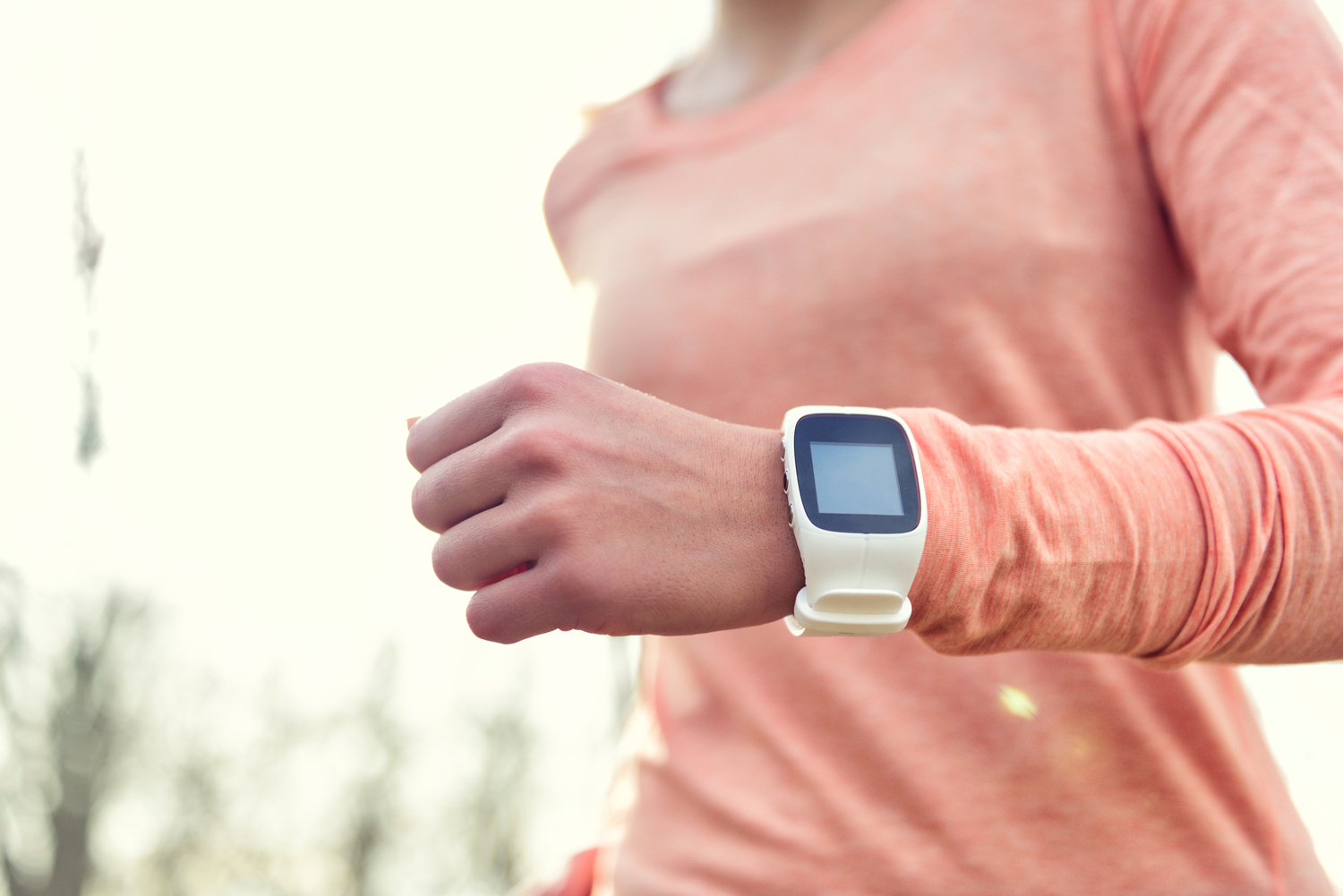
As you get older, the constant demands of life become harder to manage. The immune system weakens, your joints aren’t as reliable, or debilitating diseases begin to form. To effectively combat these challenges, medical alert systems aim to provide 24/7 care at the press of a button. Whether you are shopping for an elderly loved one or yourself, medical alert systems bring peace of mind.
Assume that you’ve fallen and can’t get up to reach the phone, who can you rely on to help you? This might be answered if you live with someone else, but not everyone has that arrangement. Older adults have turned to medical alert systems to prevent the need to ask, “What if this happened?”, by ensuring medical support stays with them wherever they go.
As the market for medical alert systems grows, so does the number of different devices, wearables, and options to pick from.
To make sure you get the care you deserve, here is a list of 6 key things every medical alert device needs.
1. Discreet, Comfortable & Genuinely Wearable:
If you decide on a wearable device, make sure that it is both discreet and comfortable. You don’t want to have a bulky-button or wrist-contraption impeding you all day. Search for devices that mimic the dimensions of popular wearables such as a wristwatch or a casual necklace.
2. Long Battery Life:
The last thing you want in a medical alert device is for it to be dead. Unlike a cellphone, a dead alert device could mean your death. The advertised battery life should be trustworthy on its own but double check by looking up product reviews from other owners.
Most devices already advertise battery lives for a week to a month. However, it is advisable to check the battery life before going out!
3. Automatic Fall Detection:
Despite having alert systems, some seniors have fallen and suffered fatal injuries without being able to notify medical authorities. As stated by the National Council on Aging (NCoA), “falls result in more than 2.8 million injuries treated at the emergency room annually”.
Due to this statistic, most medical devices have chosen to automatically detect falls and report them without the need for user input.
4. The Ability to Communicate 24/7:
If you were to fall outside away from an in-home alert system, how would you be able to communicate the situation? A device that connects to the call-center will allow you to explain the severity of your situation. Not all falls require an ambulance, sometimes connecting with a nearby family member is enough to get you back up on your feet.
5. Durability & Water Resistance:
If you’re wearing a device 24/7/365, you’re going to need it to handle a beating. Make sure your alert device is both waterproof and durable enough to handle any bumps and bangs.
6. GPS Tracking Capability:
In some instances, a medical alert device is used to track an older adult that may try to run away from care. Health conditions such as Alzheimer’s or dementia may make your loved one act delirious. If the wearable alert device has GPS tracking, you can easily find out where they’ve gone.
At the end of the day, medical alert devices should match the lifestyle of its users. The top-rated devices usually have all, if not most of the features mentioned above. However, if the cost of those devices is a concern, then you can use this list of features as a guideline for your purchase.








